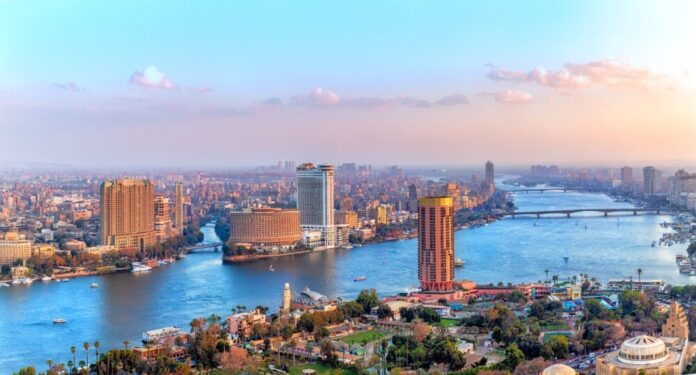Fitch Ratings has downgraded Egypt’s long-term foreign-currency issuer default rating (IDR) to ‘B-‘ from ‘B’, citing increased financial risks, macroeconomic stability and higher government debt.
“The downgrade reflects increased risks to Egypt’s external financing, macroeconomic stability and the trajectory of already-high government debt,” the rating agency said in a statement.
Fitch said the slow progress on reforms, including the delay in the transition to a more flexible exchange rate regime and on the International Monetary Fund (IMF) programme reviews, have damaged the credibility of exchange rate policy, and exacerbated external financing constraints at a time of increasing external government debt repayments.
The downgrade, the second by Fitch this year, puts Egypt six levels above default and on par with Nigeria and Bolivia.
The outlook is stable and Fitch said it reflects its baseline expectation that reforms – including privatisation and a slowdown of megaprojects, will accelerate after presidential elections in December, likely paving the way for a new and potentially larger IMF programme. This is in addition to the much-anticipated support from the country’s GCC allies.
Fitch projected that the Egyptian government will face a significant rise in external debt maturities to $8.8 billion in the fiscal year ending June 2024 (FY24) and $9.2 billion in FY25, from $4.3 billion in FY23.
The North African country is at an advanced stage of receiving $1.5 billion backed by guarantees from multilateral, on top of about $4 billion in direct financing from official partners, including the IMF.
Furthermore, Sukuk issuance to GCC investors remains a possibility in FY24. “We currently forecast negative net external general government borrowing of about $2 billion in FY24, to be covered with proceeds to the treasury from state asset sales,” said Fitch.
However, the current account deficit narrowed sharply to 1.2% of GDP ($4.7 billion) in FY23 from 3.5% ($16.5 billion) in FY22, helped by a surge in tourism and Suez Canal receipts. Fitch expects receipts from tourism, the Suez Canal and a recovery of remittances to help contain financing needs from larger imports.




